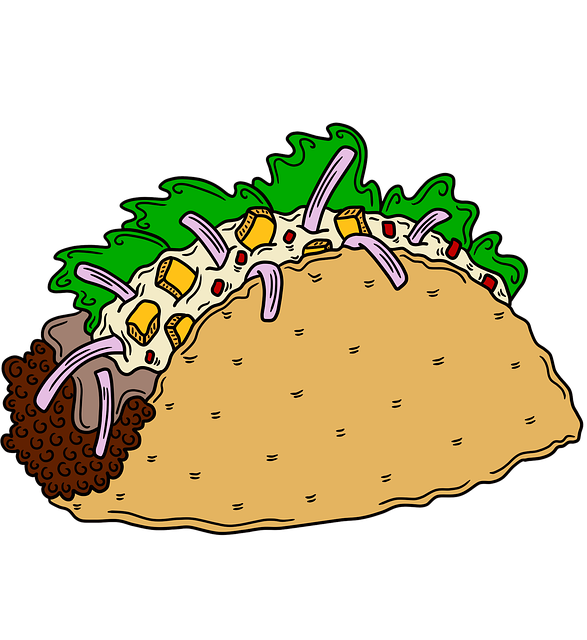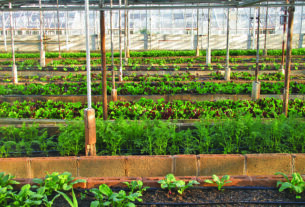Local food delivery and meal preparation services play a crucial role in accommodating food allergies and intolerances, offering tailored options through advanced filtering, dedicated cooking areas, and trained staff. By implementing stringent hygiene protocols and customizable menus, these services ensure individuals with dietary restrictions can access safe, delicious meals, revolutionizing their dining experiences while catering to diverse preferences.
In today’s diverse culinary landscape, managing food allergies and intolerances is more crucial than ever. This comprehensive guide aims to shed light on understanding these conditions, offering insights into how local food delivery services are revolutionizing dining experiences for those with special dietary needs. Additionally, we explore effective meal preparation techniques to ensure safe and delicious meals, emphasizing the importance of both local delivery and skilled cooking in accommodating diverse tastes and health requirements.
- Understanding Food Allergies and Intolerance: A Comprehensive Guide
- Local Food Delivery Services: Accommodating Special Dietary Needs
- Meal Preparation Techniques to Ensure Safe and Delicious Eating
Understanding Food Allergies and Intolerance: A Comprehensive Guide

Understanding food allergies and intolerance is crucial for anyone looking to cater to diverse dietary needs, especially in the context of local food delivery and meal preparation services. Food allergies are immune system reactions that occur when the body misidentifies a specific food as harmful. This can lead to various symptoms, ranging from mild discomfort to life-threatening anaphylaxis. The most common food allergens include dairy, eggs, nuts, fish, shellfish, wheat, soy, and tree nuts.
Intolerance, on the other hand, refers to difficulty digesting certain foods due to enzyme deficiencies or sensitivities to specific components like lactose in dairy or gluten in wheat. Unlike allergies, intolerance doesn’t involve the immune system but can still cause uncomfortable symptoms such as bloating, gas, and digestive issues. To accommodate these conditions, local food delivery and meal preparation services must offer tailored options that exclude trigger foods while ensuring nutritional needs are met. This comprehensive guide aims to empower both businesses and consumers to navigate dietary challenges effectively.
Local Food Delivery Services: Accommodating Special Dietary Needs

In today’s digital era, local food delivery services have revolutionized the way we access meals, especially for those with special dietary needs. These platforms offer a convenient solution for individuals dealing with food allergies and intolerances, providing an extensive range of options tailored to accommodate diverse requirements. Many delivery apps now allow users to filter and select meals based on dietary restrictions, ensuring that everyone can enjoy a variety of cuisines without compromise.
Meal preparation services play a significant role in this trend. Local chefs and catering companies are increasingly specializing in creating personalized menus for customers with specific allergies or intolerances. By offering both local food delivery and customized meal prep options, these services cater to a wide spectrum of dietary preferences, making it easier for folks to manage their health while enjoying delicious meals.
Meal Preparation Techniques to Ensure Safe and Delicious Eating

When accommodating food allergies and intolerances, local food delivery services and meal preparation techniques play a pivotal role in ensuring safe and delicious eating experiences. These services employ specialized kitchen practices to prevent cross-contamination, a common concern for individuals with severe allergies. Strict hygiene protocols, dedicated allergen-free cooking spaces, and well-trained staff are implemented to safeguard consumers.
Meal preparation involves meticulous attention to ingredient sourcing, careful labeling, and creative cooking methods. Local food delivery companies often offer customizable menus, allowing customers to specify dietary restrictions. Through innovative recipes and ingredient substitutions, they can create mouthwatering dishes tailored to individual needs, proving that delicious food is accessible for everyone, regardless of their dietary constraints.
In light of the above discussions, it’s clear that managing food allergies and intolerance is both a personal challenge and a collective responsibility. By understanding these conditions and adopting inclusive practices, such as local food delivery services tailored to special dietary needs, we can ensure everyone enjoys safe and delicious meals. Additionally, mastering meal preparation techniques enables us to create culinary experiences that cater to diverse preferences and restrictions. Together, these efforts contribute to a more inclusive and accommodating society where everyone can enjoy the joy of eating.



